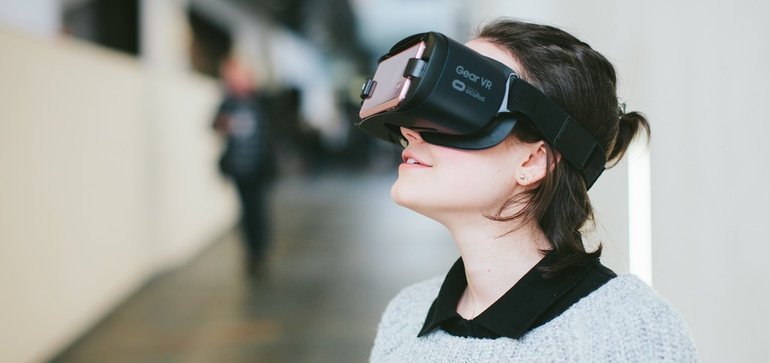
Dive Brief:
- A Coresight Research report emailed to Retail Dive estimated that the reality technology market, which includes augmented reality and virtual reality, is forecast to reach $18.8 billion in 2020, citing pre-COVID-19 projections from Statista.
- Citing data from Statista, the Coresight report indicated that the retail sector could see an increase in augmented reality (AR) and virtual reality (VR) technology spending. In 2020, consumer spending on reality technologies is projected to reach $7 billion, and distribution and services spending on the technologies could reach $4.4 billion.
- VR and AR technologies could become increasingly useful during the COVID-19 pandemic to help shoppers engage with products prior to purchase, according to the report.
Dive Insight:
Though the data refers to projections made before the pandemic forced retailers to temporarily close, Coresight’s research adds further context to the role AR and VR technologies will play in the retail industry in the future. The report lays out various possible AR and VR applications, including product visualization, virtual try-ons, access to product information and virtual malls.
Coresight’s report also noted that Apple updated its Quick Look AR tool, which it launched in 2018, to incorporate a direct checkout feature. Home Depot is one of the major retailers that has used the technology, per the report.
What impact the coronavirus outbreak will have on the AR and VR adoption remains to be seen. In March, a report from the International Data Corp. anticipated a worldwide decline in shipments of AR and VR headsets during the first half of 2020 due to the coronavirus pandemic. As retailers weigh whether to reopen, it’s not clear if e-commerce will alleviate the steep losses stemming from brick-and-mortar store closures.
Various brands, retailers and companies have begun releasing VR and AR technologies to enable consumers to preview products before purchasing them. The International Data Corp. projected in December that retailers were expected to spend $1.5 billion on developing AR and VR technologies in 2020. As the pandemic has kept consumers at home, brands and retailers, including L’Oréal, Kendra Scott and Suitsupply, have recently introduced virtual tools to engage with shoppers.











